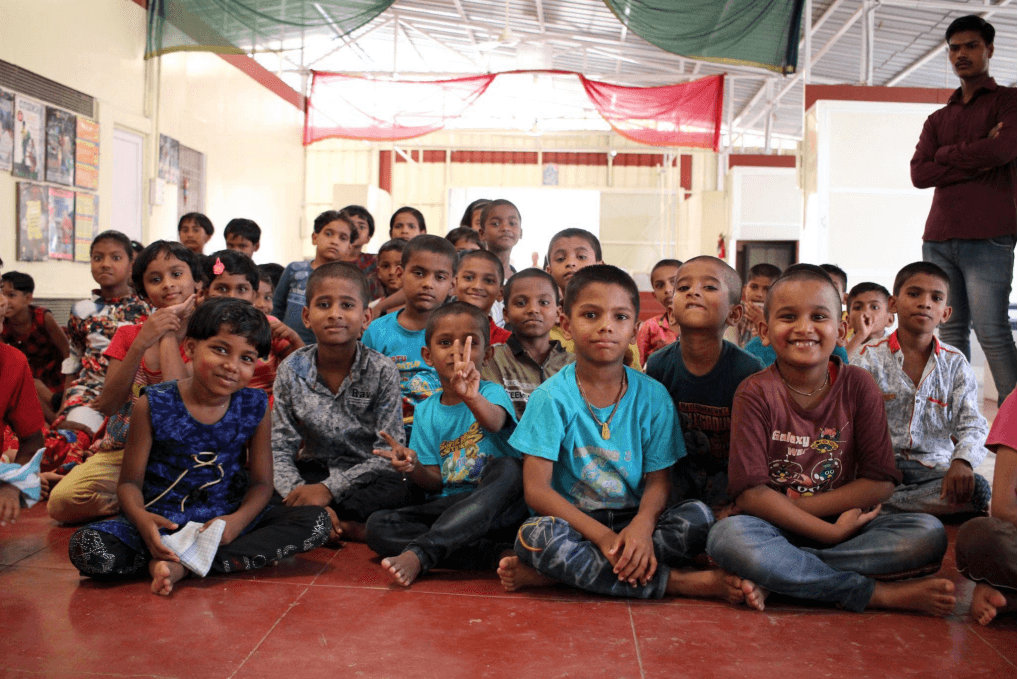
written by Maxine Clemenson, Photographer Navin Devnani
Mindfulness is the ability of a person’s mind to be fully aware and present in any given situation. When we are in a mindful state, we are focused on the task at hand, aware of our thoughts and body, able to regulate our emotions and better able to cope with outside stressors. Consequently, a great deal of research in education over the last few years has focused on how teaching mindfulness in the classroom could greatly benefit students by helping them focus, tolerate boredom and avoid distractions.
How can mindfulness help students succeed in school?
The results of these studies suggest that
Mindfulness is not only a characteristic that can be cultivated and developed by practice, but it is also “associated with better academic outcomes..
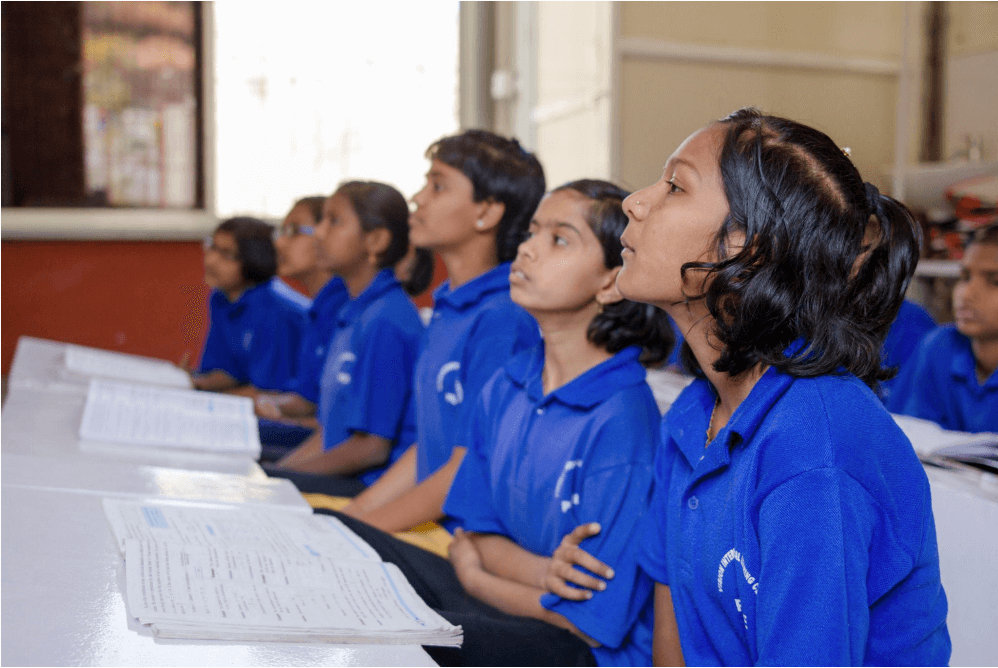
Measured by GPA and statewide texts. As well as better attendance and fewer suspensions” (Caballero et. Al., 2019).
When a student is in a mindful state, they are better able to stay focused on their studies despite their emotions and the distractions around them. For example, if a student is experiencing boredom in the classroom, being mindful of this may enable them to better cope with this emotion and reflect on the benefits of applying themselves to the task of studying.
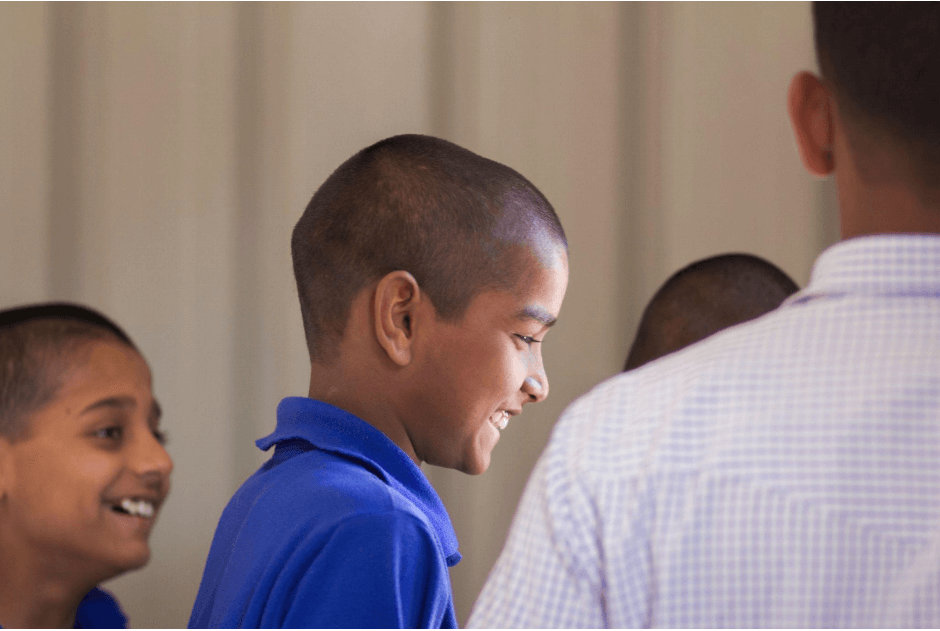
Similarly, a student in a mindful state may be aware of external distractions from peers, but they will be better able to ignore these distractions.
Students that practice mindfulness are less reactive and cope better with busy learning environments.
One of the easiest ways to teach any trait or characteristic is by modeling it. In a 2019 study, researchers found that “students who perceive their teachers as more mindful at the beginning of the school year are more likely to show positive change over time in qualities of mindfulness, self-compassion and compassion for others” (Colainne, Galla & Roeser, 2019).
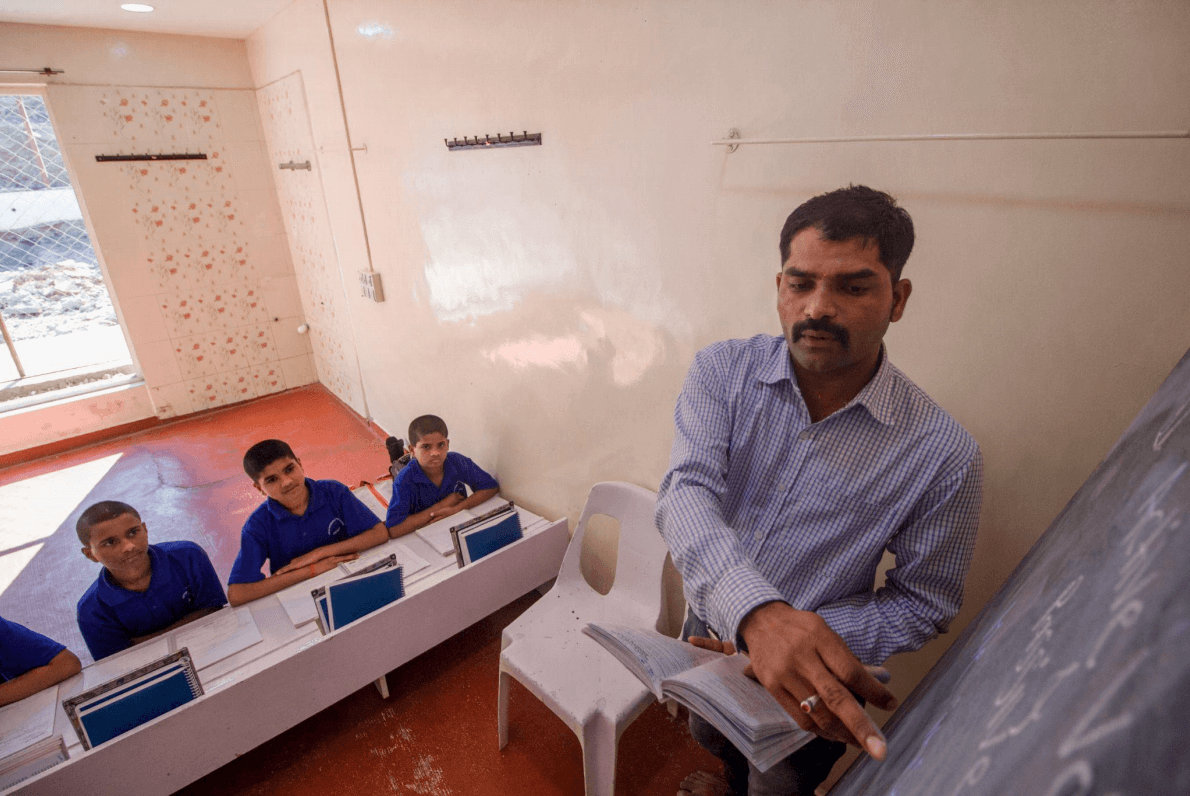
One of the key takeaways from this body of research is that “children of resilient teachers are more likely to attain positive outcomes” (DiCarlo, Meaux, and LaBiche, 2020).
How can teachers benefit from mindfulness?

So, the evidence suggests that mindfulness benefits students and that they can develop this characteristic from observing and copying mindfulness practiced by their teachers. However, this is not the only reason for teachers to embrace mindfulness in the classroom. Teachers that practice mindfulness report lower rates of personal stress and more positive classroom climates to work in. According to research published in the early childhood educational journal in 2020,
“teaching has been identified as the most stressful profession in the human service industry”
(DiCarlo, Meaux, and LaBiche, 2020). Teachers, frequently suffer from burnout, which can have dramatic impacts on schools due to absenteeism and faculty attrition. If there ever was a group of professionals that would benefit from mindfulness, it is teachers!
When a teacher is in a mindful state, they become more aware of their emotions. Teachers frequently have high workloads, and it is easy for them to become overwhelmed and distracted by thoughts of all of the tasks that need to be done – grading, reports, tests preparations, lesson planning, etc. these distractions can add to a teachers stress and make them more emotionally volatile period under these circumstances, it can be difficult to maintain composure when faced with challenging situations in the classroom.
By practicing mindfulness, a teacher can be more aware of their emotional state and stress level, and they are more able to deal with situations in the classroom in a calm, non-judgmental and dispassionate way. Students respond well to this and are more likely to replicate the behaviors modeled by their teachers rather than escalating situations
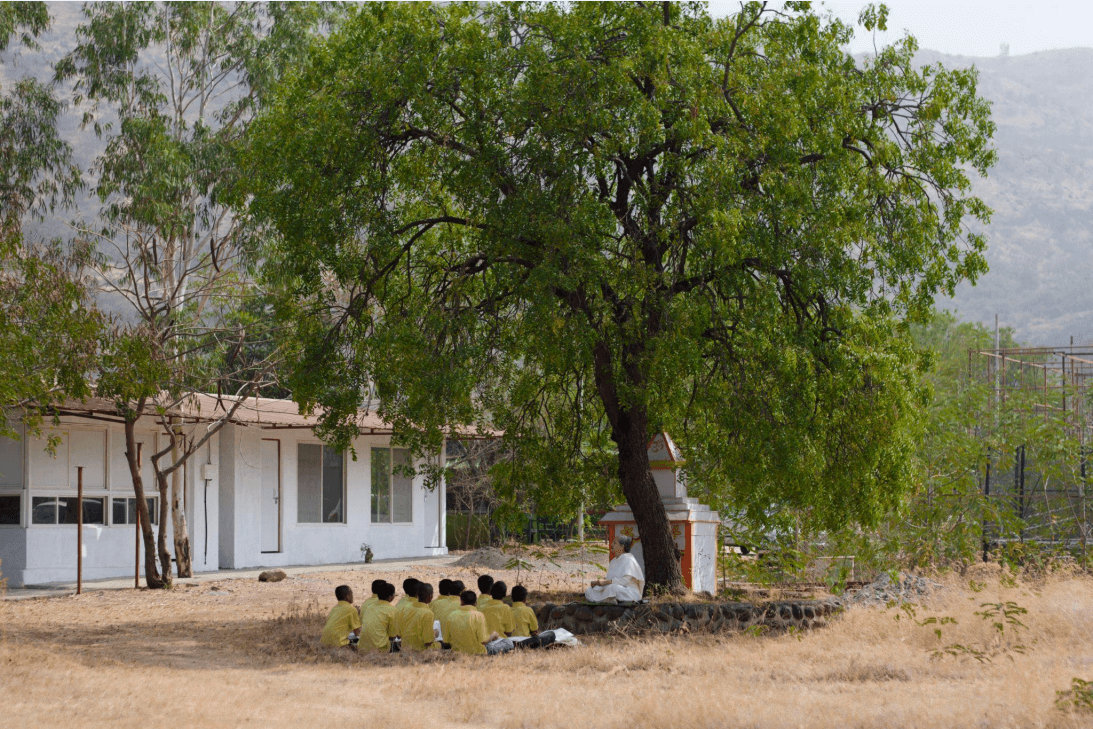

In another scenario, practicing mindfulness might increase a teacher's self awareness, but also their perceptiveness. Building relationships in the classroom is vital to success, and when a teacher is in a mindful state, they are better able to have meaningful conversations with their students, giving them undivided attention. When children feel seen and heard by their teachers, the results can be hugely beneficial, allowing constructive dialogue and a positive learning environment to develop.
Free tools for practicing mindfulness in the classroom!
Another study revealed that it doesn't even require that much time and effort, with as little as five minutes of practice having a positive effect on mindfulness in the classroom. The following apps are useful tools to help incorporate mindfulness in the classroom to benefit both students and teachers.

Smiling mind is an Australian nonprofit organization that has a wonderful app that is free to download for both iOS and Android devices. There are guided meditations suitable for children in elementary, middle and high school. These vary in length from only a few minutes to much longer and are perfect for students and teachers to practice mindfulness at the start of each lesson, particularly, when the class is straight after lunch or PE when the classroom environment is full of distractions. There are also excellent guided meditations for teachers to use at home to help with sleep, stress management, mindful eating, or concentration.

Calm has a free resource for students that curates 30 days of their premium content into a PDF booklet. There are online soundtracks to accompany each of the 30 days activities including scripts for guided meditations that teachers can utilize in the classroom, step by step instructions and tips. They also have a self care resource designed for educators to use to develop their own mindfulness.

Insight timer is another free app to download that has over 65,000 free guided meditations of varying lengths. They are organized into categories and easy to search.
How can the Puranik Foundation help?
The Puranik Foundation Is committed to helping people develop holistic perspectives. We believe that developing mindfulness and being in the moment is a way to remain open, empathetic and compassionate.
From customized mindfulness sessions for school districts to free yoga and brunch events for educators and four week mindfulness retreats at our unique Vision International Learning Center in Pune, India, we are committed to supporting teachers to develop mindfulness for their benefit and the benefit of the children in their classes.
When we support our teachers, we support our collective future.
For more about the Puranik foundations mindfulness programs for educators, contact us at [email protected] or visit our website, www.puranikfoundation.org.
